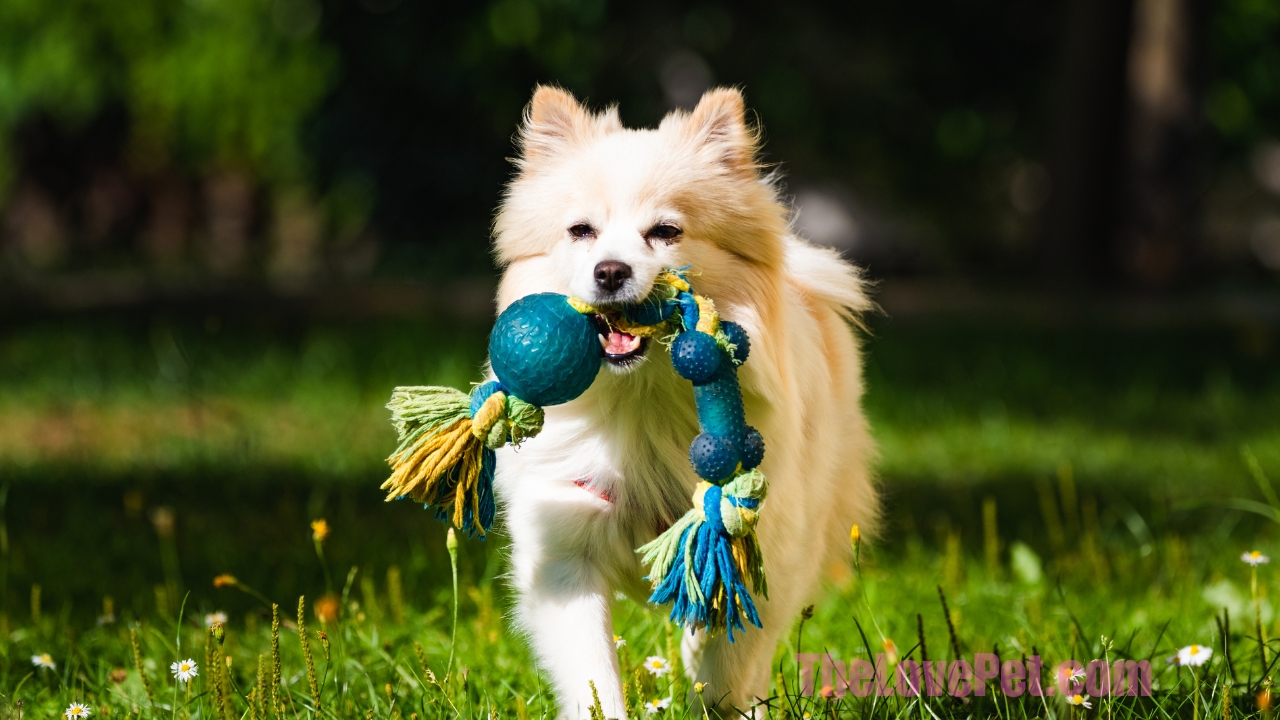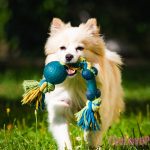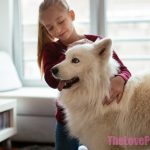Excessive Drooling Can Be Normal
It’s quite common for cats to drool a bit when being petted or scratched, especially around the head and neck area. This is a normal behavioral response for many cats and is not necessarily a cause for concern.
When cats are happy and content, they may produce extra saliva. The act of petting and scratching releases endorphins that induce relaxation and pleasure. A relaxed, blissed-out cat may end up with some excess drool as a result.
Possible Causes of Excessive Drooling
While a small amount of drooling during petting is normal, excessive drooling may potentially indicate an underlying health issue. Some possible causes include:
Dental Disease
Drooling can be a sign of dental disease like gingivitis, abscesses, or broken teeth. The pain and inflammation make it uncomfortable to swallow saliva.
Nausea
Drooling is a common symptom of nausea. Issues like digestive upset, eating something toxic, motion sickness, or infections can all cause nausea and excess drooling.
Respiratory Infections
Infections in the upper respiratory tract like feline calicivirus may lead to increased drooling along with other symptoms like runny nose and sneezing.
Oral Injuries or Foreign Objects
Any injuries, ulcers or foreign objects stuck in the mouth or throat can also result in excessive drooling.
When to See the Vet
While a small amount of drooling during petting is usually normal, chronic or excessive drooling warrants a trip to the vet. Drooling along with other symptoms like loss of appetite, lethargy or weight loss can be signs of an underlying health problem needing treatment.
Some drooling is normal for happy, relaxed cats but excessive drooling or drooling combined with other symptoms merits an exam. See your vet to get to the bottom of what’s causing your cat to have an overly wet chin.
Additional Insights on Cat Drooling
Here are some extra thoughts on reasons for cat drooling and when to seek vet care:
Stress
Stress can also cause excess drooling in cats. Situations that provoke anxiety like car rides, visitors, or loud noises can all trigger drooling along with other symptoms like hiding, aggression, urinating outside the litter box, and more.
Dehydration
Dehydration from not drinking enough water can sometimes cause increased drooling. This is often accompanied by other symptoms like lethargy, dry gums, and loss of skin elasticity.
Poisoning
Ingesting toxic substances like antifreeze, human medications, or poisonous plants can all potentially lead to drooling.
Overheating
Drooling is one sign of heat stroke in cats. Excessive panting and lethargy are other common symptoms.
See your vet promptly if the drooling comes on suddenly, is excessive, or occurs along with concerning symptoms like vomiting, appetite changes, lethargy, or anything else out of the ordinary. It’s important to rule out any underlying illness needing treatment.
#FAQ #Update #AdditionalContent
“Understanding Cat Drooling: Normal Behavior or Cause for Concern?”
**1. Why do cats drool?**
Cats can drool for various reasons, including dental disease, upper respiratory infections, nausea, gastrointestinal blockages, underlying health conditions like liver or kidney disease, cancer, trauma, a bitter taste, or neurological diseases.
**2. Is it normal for cats to drool when being petted?**
Yes, some cats may drool when being petted because it signifies happiness and relaxation. They might associate the affection with their contentment as kittens nursing on their mothers.
**3. When should you be concerned about your cat’s drooling?**
You should be concerned about your cat’s drooling if it’s accompanied by other symptoms like vomiting, difficulty eating, or signs of illness. In such cases, it’s advisable to contact your veterinarian for further evaluation.
**4. How is dental disease related to cat drooling?**
Dental disease in cats, which includes gum inflammation, oral inflammation, tartar, and cavities, can cause drooling. A veterinarian can diagnose and treat dental issues, usually requiring anesthesia for a thorough examination and cleaning.
**5. What causes neurological disease-related drooling in cats?**
Neurological diseases can interfere with a cat’s ability to chew and swallow, leading to drooling. Cats with neurological problems may display other signs, and a veterinarian will perform exams and diagnostics to identify the issue.
You can find the full post here









